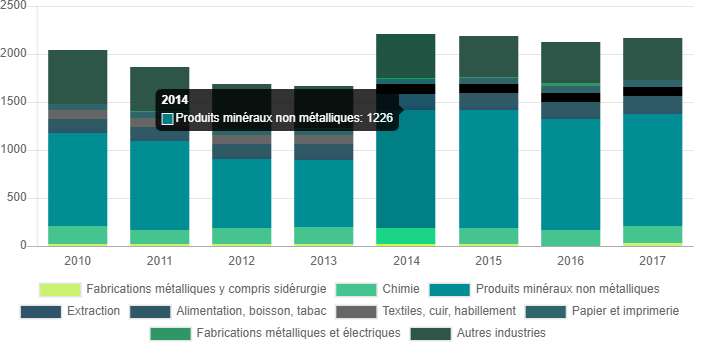Introduction
Residential buildings are among the main sources of energy consumption, particularly for heating, cooling, sanitary hot water, ventilation, lighting, cooking, and food preservation. These needs represent 27% of final energy consumption in Tunisia, a percentage that tends to increase in the coming years. On the other hand, the building sector represents a strong potential for energy savings, which could reach 56% by 2030.
The flagship programs in this sector are on-plan energy audits and existing energy audits. They are associated with regulatory measures such as building thermal regulations and energy certification for household appliances. At the same time, ANME is working to develop specific mechanisms to provide energy-saving solutions to Tunisian households, taking into account their geographical distribution.

As part of the implementation of its renewable energy development strategy, the Tunisian government has decided to launch an ambitious program to develop the use of solar water heaters in the residential sector, through, in particular, the implementation of a number of incentive measures
For diffuse sectors, such as the residential sector, ANME, through the FTE, is working to design specific mechanisms to offer energy-saving solutions to Tunisian households.
